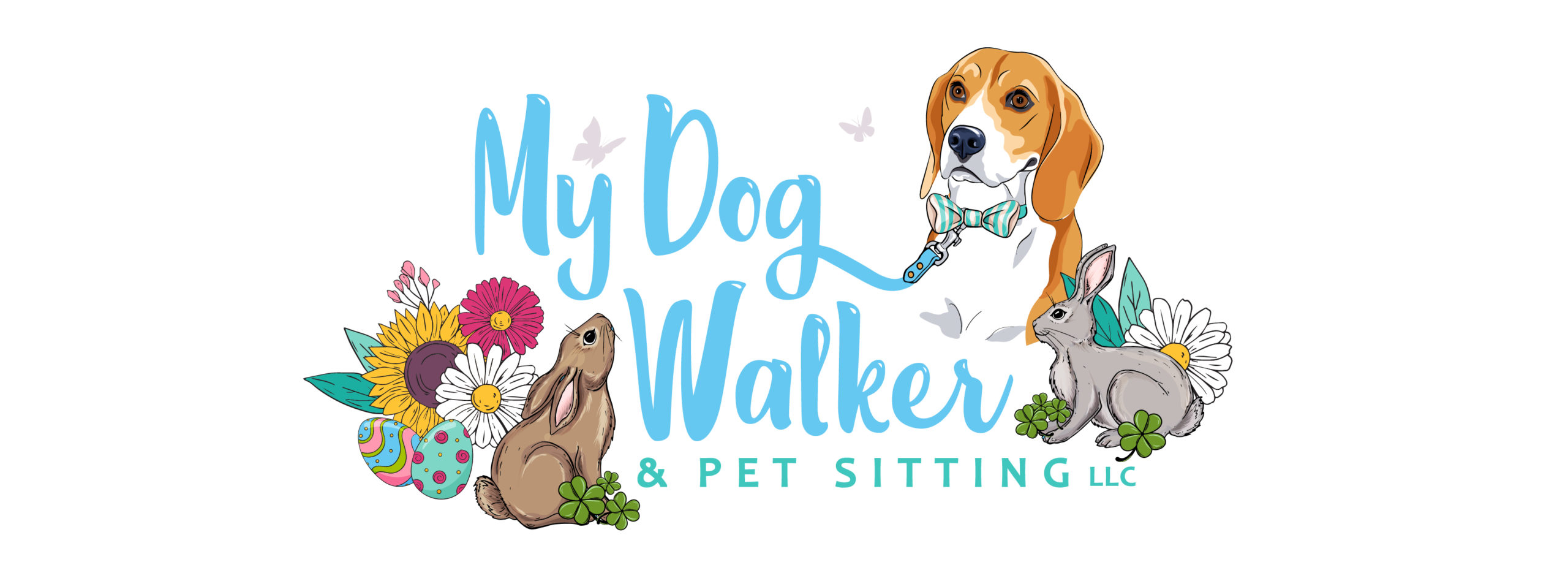Common, every day household items could make your fur baby quite sick. And sadly, some could even kill them
An excerpt from the article Top 10 Pet Poisons From akc,com:
To help raise awareness, the ASPCA Animal Poison Control Center (APCC) released its list of top ten animal toxins of 2020 after reviewing roughly 232,000 cases of potential animal poisoning.
- Over-the-counter medications ranked number one in pet toxins, accounting for nearly 20% of calls to the APCC. Common medications in this category are the drugs used to combat headaches, fevers and colds which include ibuprofen, naproxen, cold medications, certain herbal supplements and certain essential oils.
- Human prescription medications accounted for 17.5% of all APCC cases. The most common medication were ADHD medications, antidepressants and heart medications.
- Food items such as grapes, raisins, onions, garlic and items containing xylitol, an artificial sweetener commonly used in baked items even toothpaste.
- Chocolate accounted for 10.1% of APCC cases. The darker the chocolate, the more potent the potential effects are. It is important to note that white chocolate is not toxic.
- Veterinary medications accounted for 9.3% of cases. Many pet medications are flavored to increase palatability and make them taste good. Some pets may mistake these pet medications for dog treats. Remember that a “childproof container” does not mean pet-proof. Always keep all medications out of reach of children and pets.
- Household items accounted for 7.3% of cases, including ingestion of anti-freeze, paint and cleaning products.
- Rodenticide exposure increased to 6.3% of APCC cases. There are two major categories of rodenticides: anti-coagulants and those causing brain effects.
- Insecticide exposure accounted for 6.2% of cases.
- Plants accounted for 5.5% of cases, including some indoor and outdoor plants and notably bouquets containing lilies so toxic to cats and so common during Easter season.
- Garden products round out the list at number 10, accounting for 2.3% of APCC cases. Many pets find fertilizer irresistible.
Though it did not make this top ten list, the APCC is also getting an increasing number of calls about marijuana and CBD products, especially edibles. Edible products are not regulated and may contain a high amount of THC which could lead to low blood pressure, coma, and even death.
The full article is at akc.com
The ASPCA has an informative article on safe and toxic plants. Some on the Safe List include Acorn Squash, Baby Rubber plant, Basil, Honey Plant, Tree Cactus, and Zucchini Squash, Bamboo and Ghost Plant. The list is at the link is here: https://www.aspca.org/pet-care/animal-poison-control/toxic-and-non-toxic-plants
The American Veterinarian Medical Association has informative lists of common household toxins to pets. Here are two: https://www.avma.org/resources/pet-owners/petcare/10-poison-pills-pets and https://www.avma.org/resources/pet-owners/petcare/household-hazards
What to do if your pet is poisoned:
Don’t wait! Time is critical for successfully treating accidental poisoning. Pick up the phone and call your veterinarian, your local veterinarian emergency hospital or the ASPCA Animal Poison Control Center (1-888-426-4435; a consultation fee may apply). Be prepared to provide your pet’s breed, age, weight and any symptoms. Keep the product container or plant sample with you to assist in identification so the appropriate treatment recommendations can be made.
#PoisonPreventionMonth #petsafety #doghealth #cathealth #pethealth #NAPPSpetparents #petparents #mdwps #mydogwalkerpetsittingLLC
